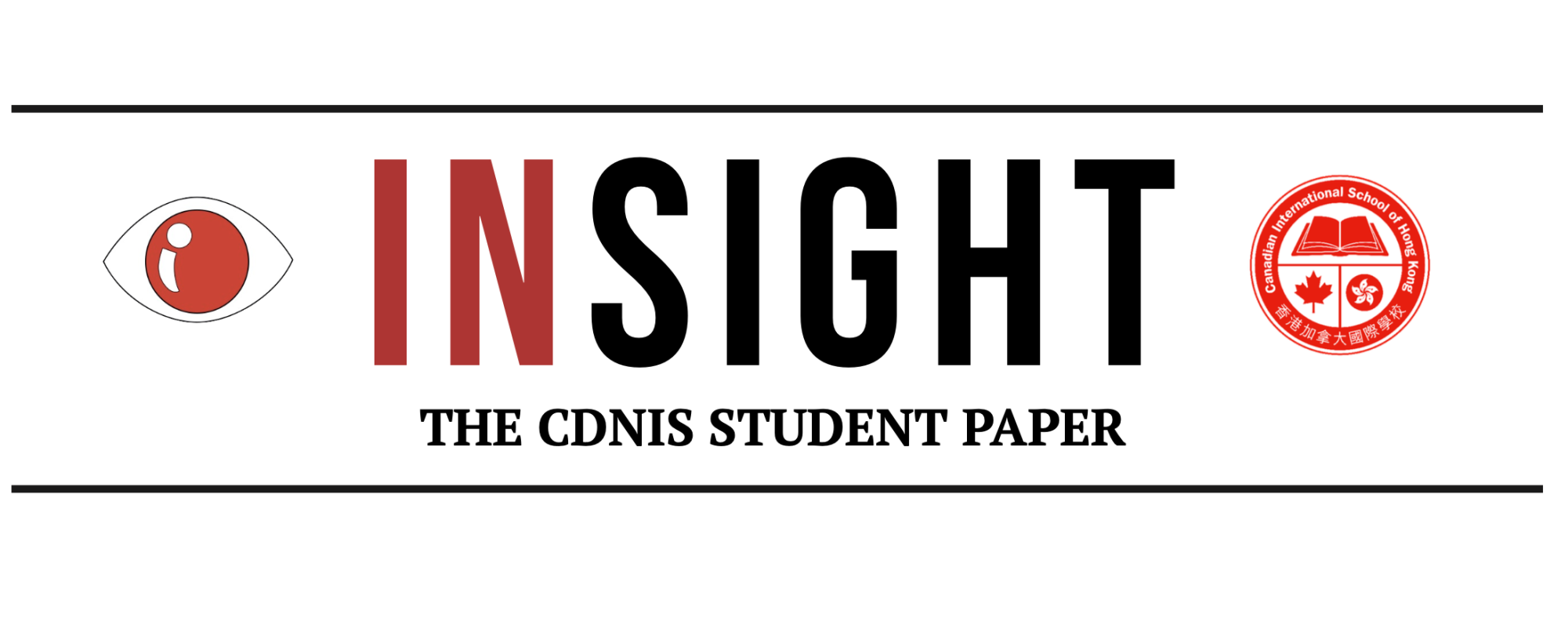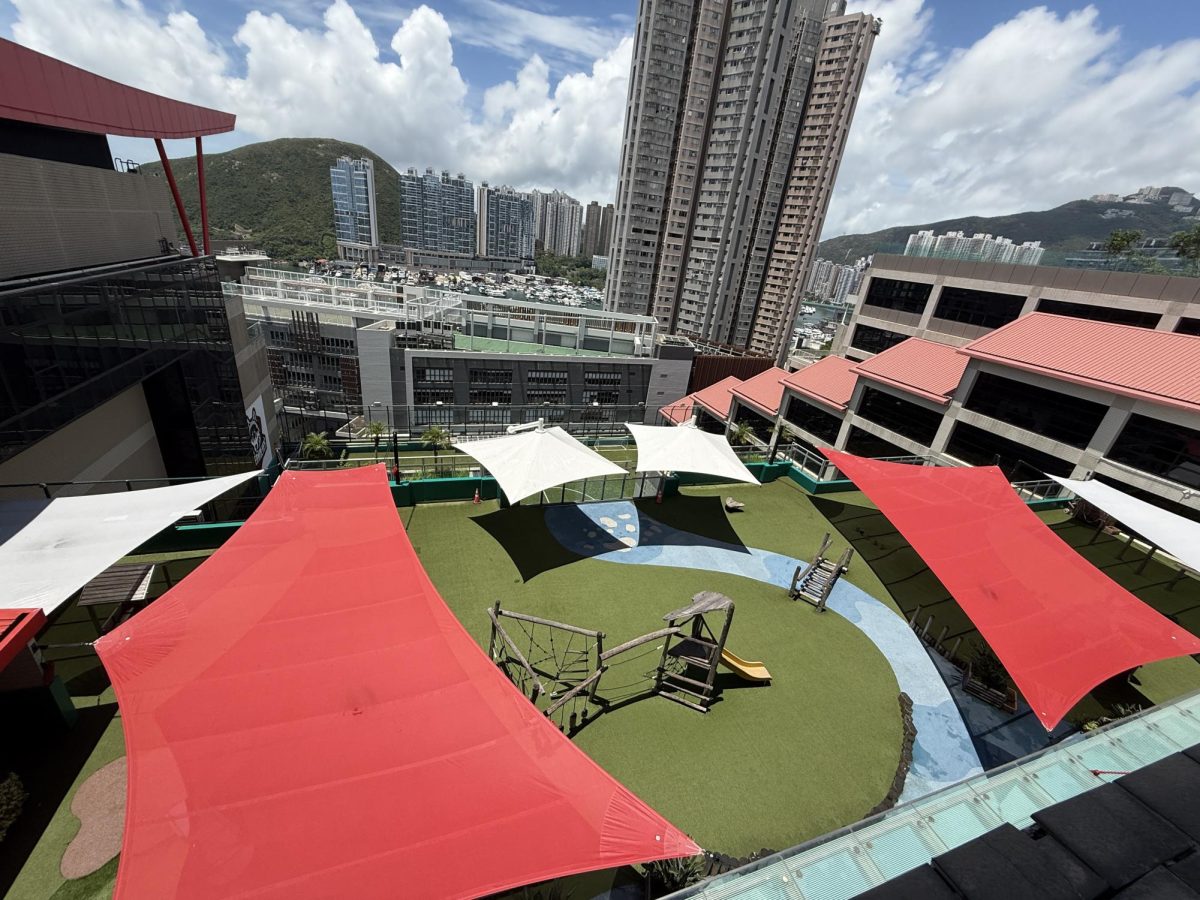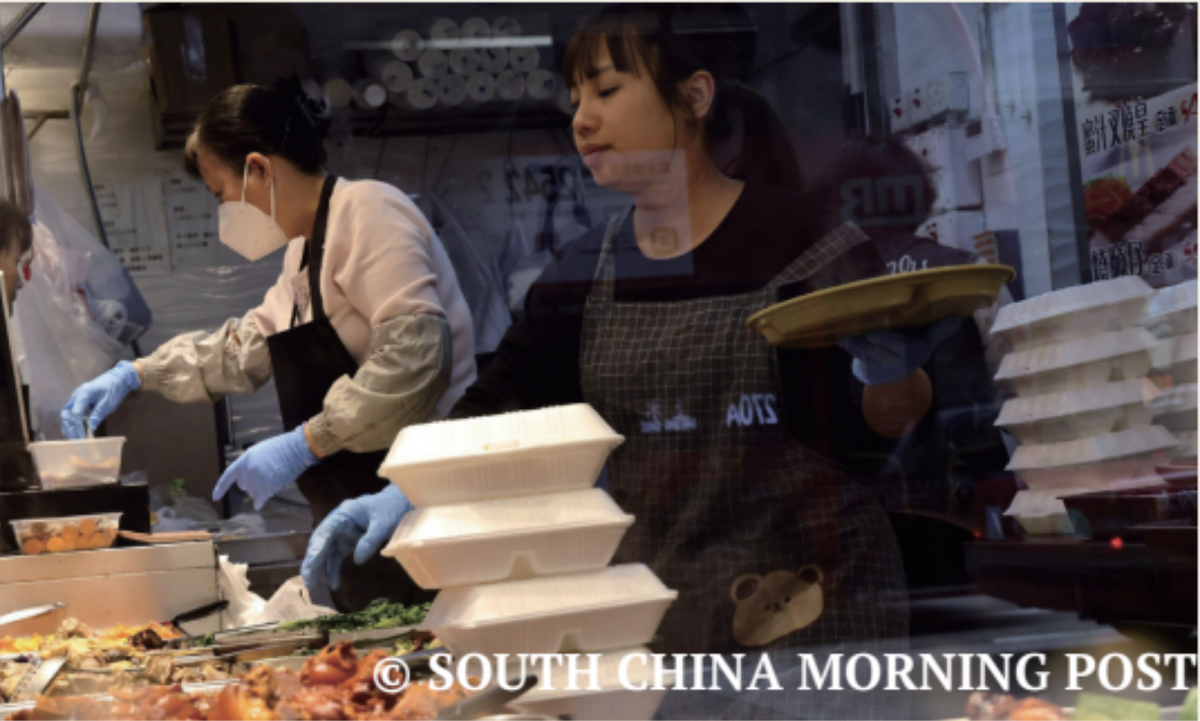In 2022, over 11,000 tonnes of rubbish were disposed of in Hong Kong, with 21% of it being single-use plastic, leading to an abundance of waste and an increasing lack of space at city landfills. To take on this issue, the Hong Kong Government has decided on the best course of action— a ban on single-use plastic, which includes cutlery, plates, straws, and stirrers. Out of all the impacted parties, restaurants are estimated to take the biggest blow, as most of what they use are single-use plastics.
The ban is split into two phases, with the first phase taking place on April 22nd. Restaurants will not be allowed to sell and use disposable plastic straws, plates, and cutlery for both dine-in and take out services. The second phase will take place sometime in 2025, which will focus on the ban for cups and containers. The relevance of the ban will be reevaluated around this time period.
Restaurant owners worry about adjusting to the approaching ban on single-use plastics. As single-use plastics are cheap and convenient, restaurant owners will have to adapt and use recyclable materials—a feat that may not be economically viable.
While large franchise restaurants have already begun slowly transitioning to recyclable material, the Head of the Federation of Restaurants and Related Trades, Simon Wong, said the ban will impact small restaurants the most. Simon said that “forks and spoons only cost a few cents, [but] when you add up all the cents, the expense will be large. These additional costs can put a lot of stress toward small businesses.” Recyclable materials can cost up to 40-60% more than plastics, which increases the overall cost for small businesses who often operate on small profit margins. Therefore, it may be infeasible for them to survive under such conditions.
Executive Councillor Lam Ching-Choi takes a contrary stance, putting the need to minimize Hong Kong’s waste footprint first, and said that he “… sees no reason to postpone [the ban]”.
Simon Wong also added that prices of recyclable material could drop after the implementation of the ban. He cites that the current low demand for recyclable materials influences the high prices: therefore, as the demand increases when the ban is implemented, prices will most likely decrease accordingly.
As this ban takes place, Hong Kong will undoubtedly have a greener future but also face new challenges. Perhaps a way to support restaurants would be for the Hong Kong Government to provide subsidies for businesses who may encounter a financial loss as a result of the increased cost. As Hong Kong is relatively late to banning single-use plastic, it is crucial for us to cooperate with each other to make the change smoother. While there is some responsibility on consumers to change their behavior in tandem, which could look like getting less take-out and dining-in more, the Government should also provide subsidies may be in store as restaurants begin the change towards a more sustainable future for Hong Kong.































